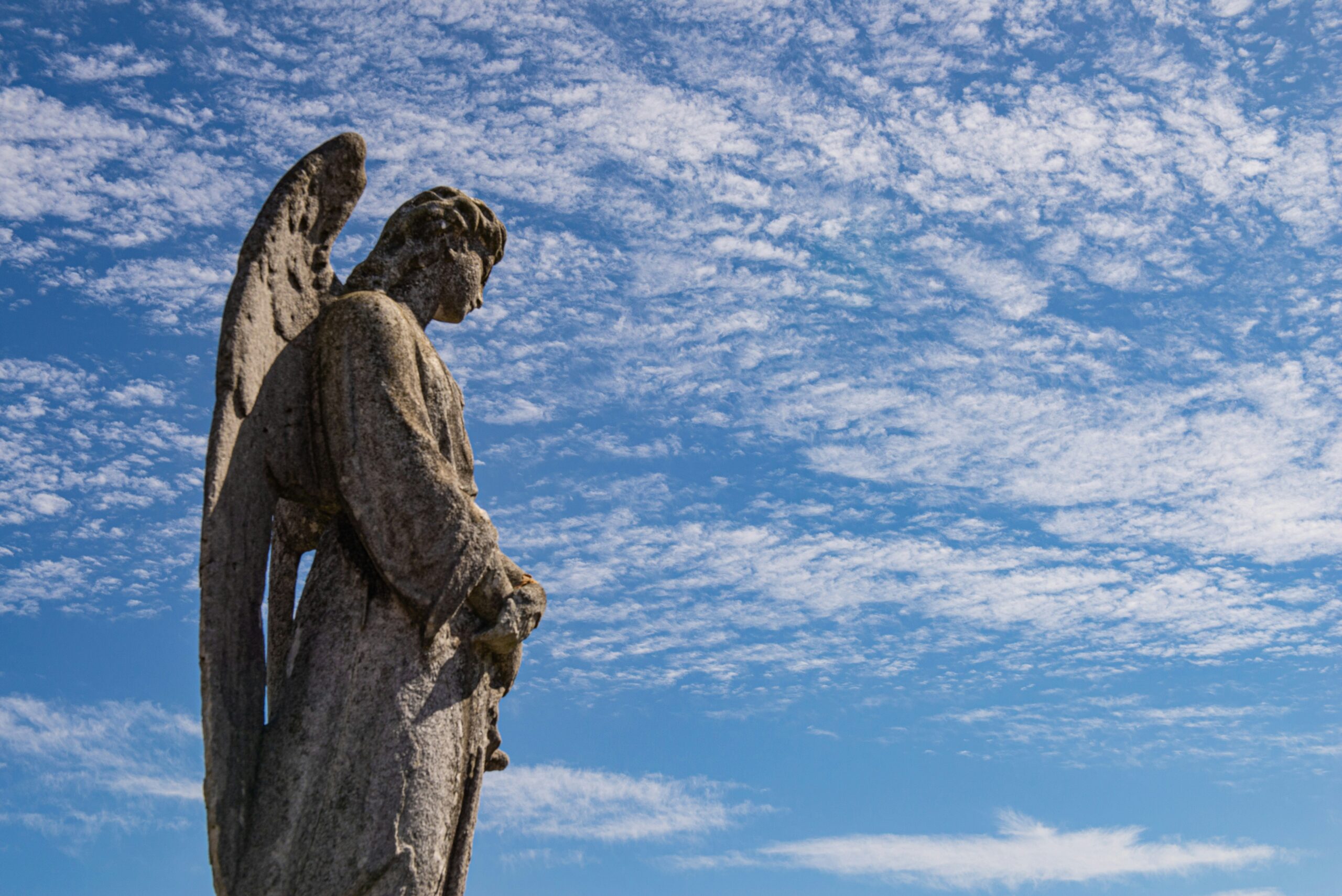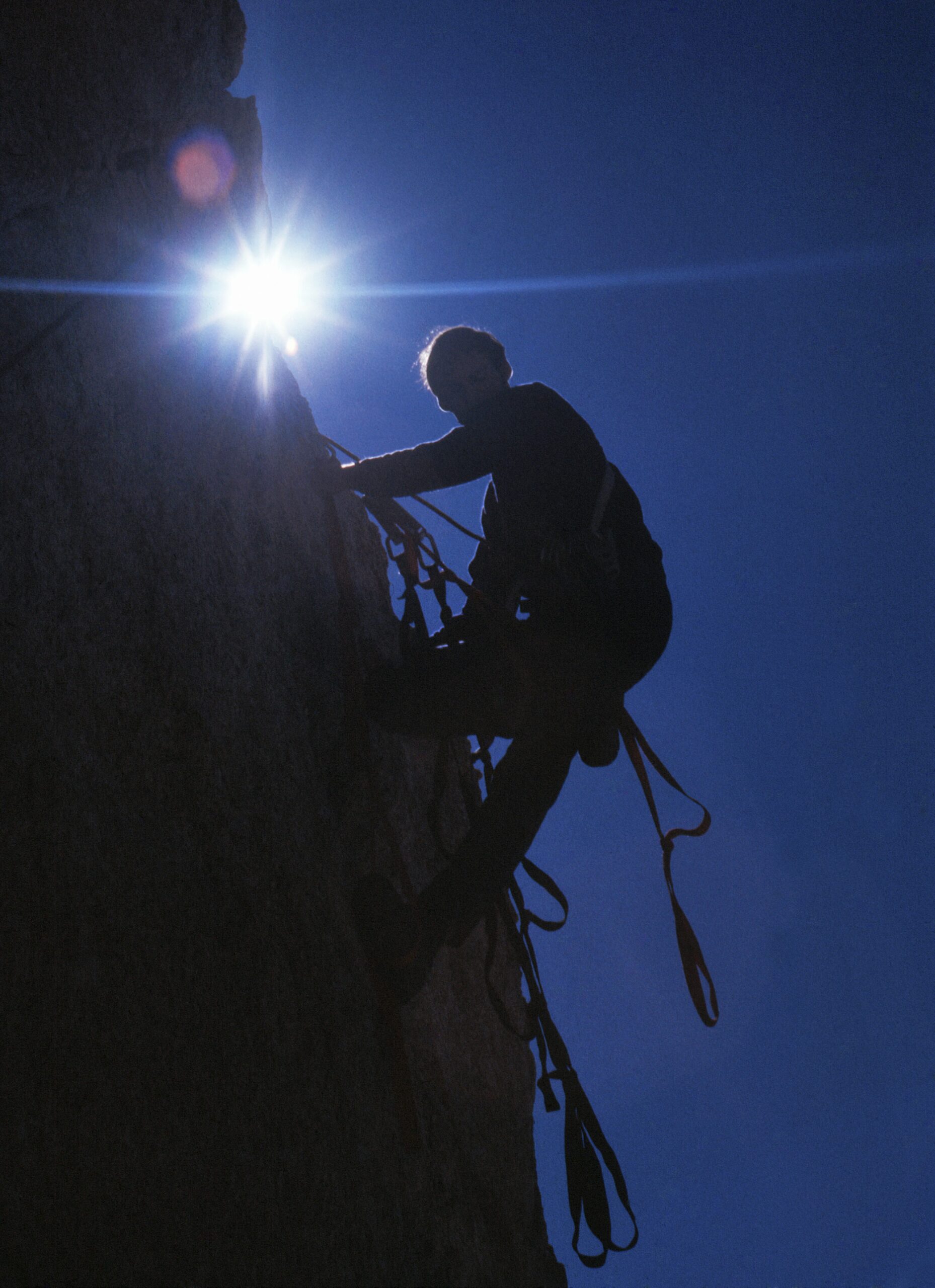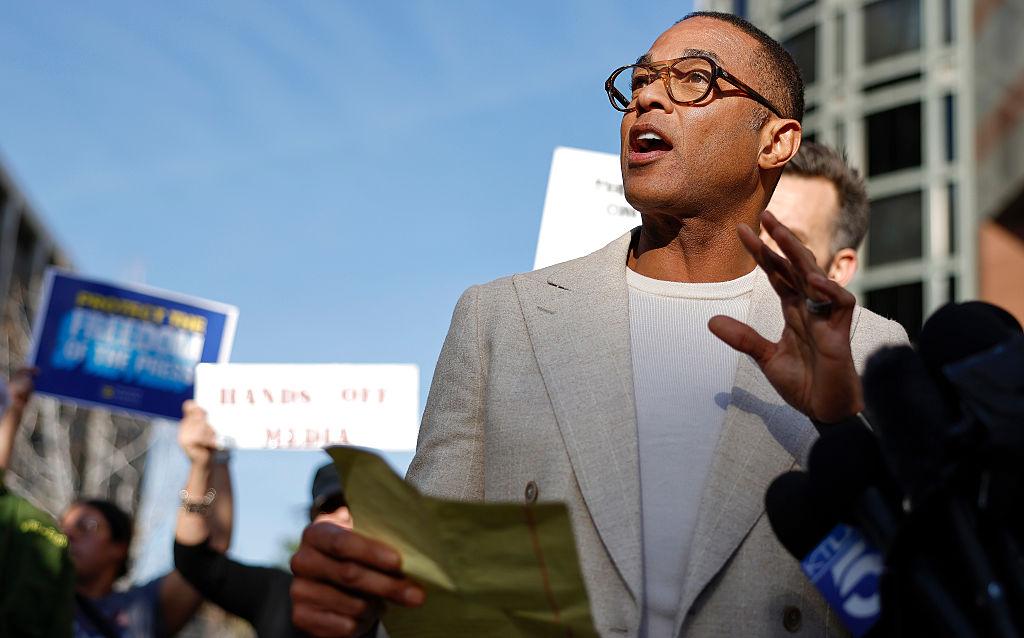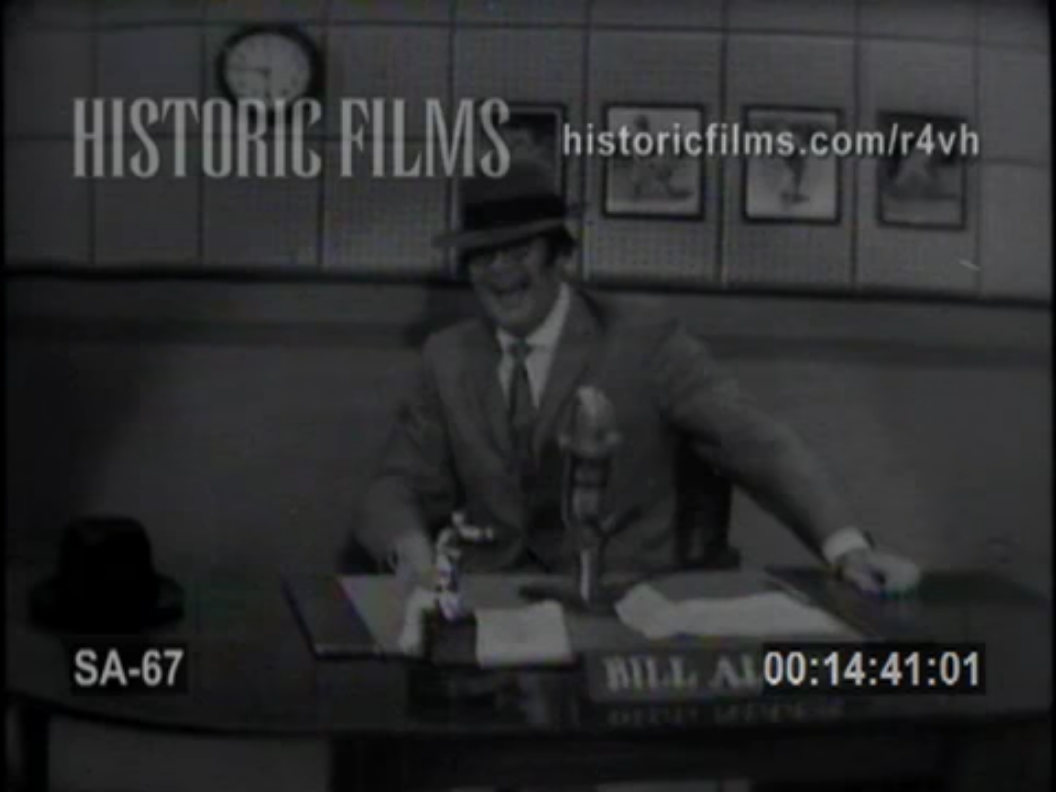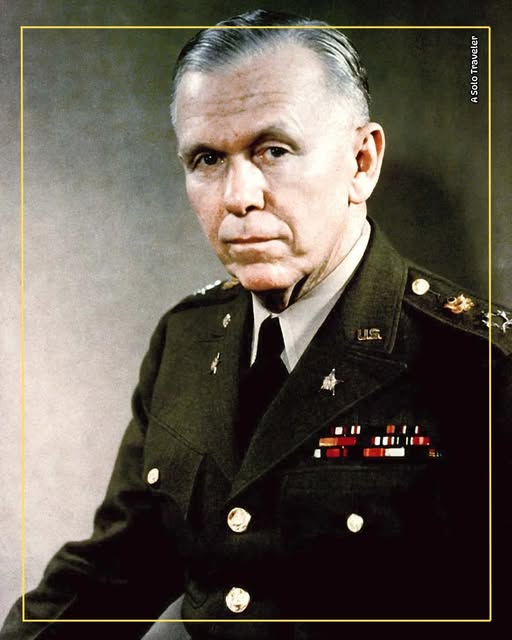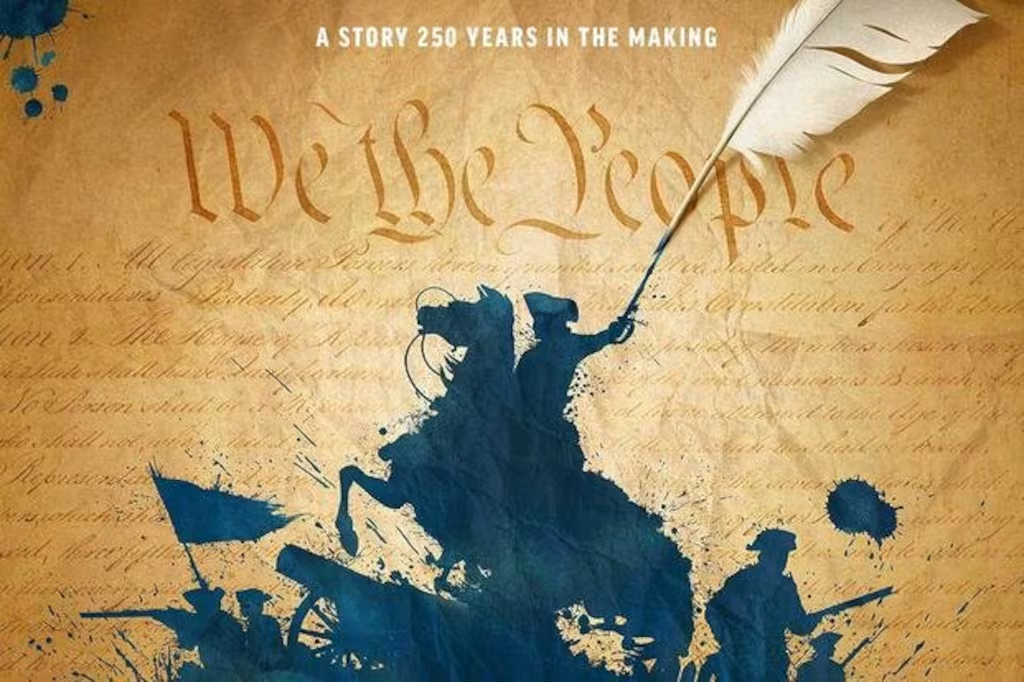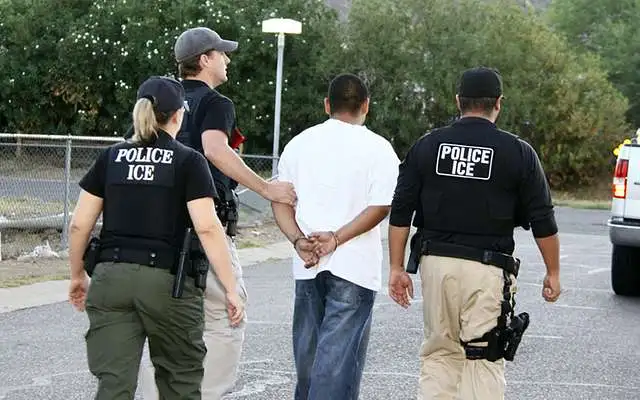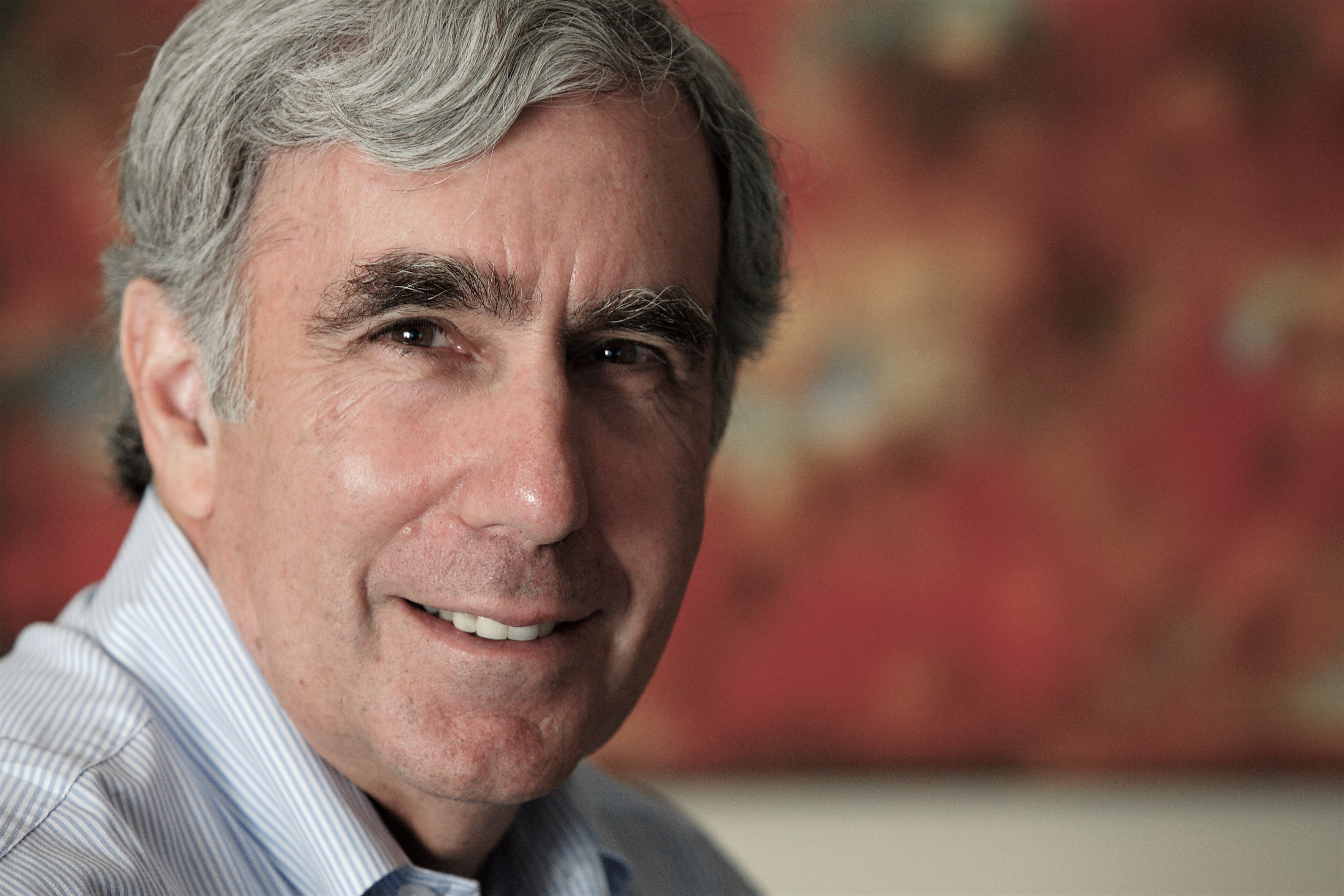I first met David Krieger at a talk he gave in 2000. What impressed me was his passion, commitment and soft-spoken approach to ending nuclear weapons, worldwide, (and I thought getting people to live more ethically was difficult!)
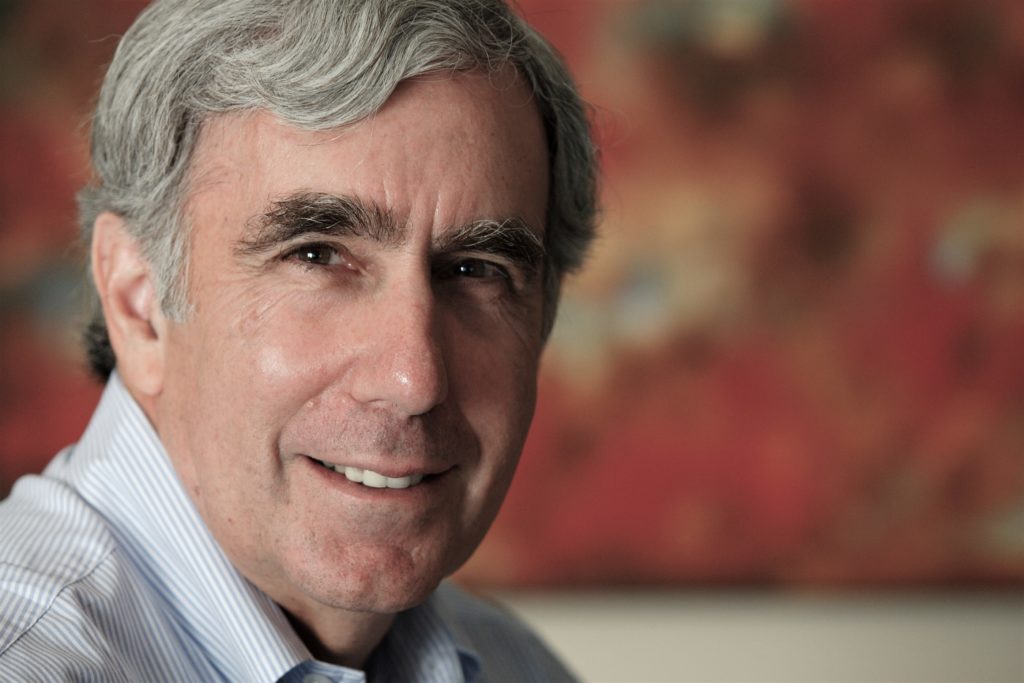
Founded in 1982, The Nuclear Age Peace Foundation’s mission “is to educate, advocate, and inspire action for a just and peaceful world, free of nuclear weapons. The Foundation is a non-partisan, non-profit organization with consultative status to the United Nations and is comprised of over 80,000 individuals and groups worldwide who realize the imperative for peace in the Nuclear Age.”
Over many years and many lunches, one message I have consistently come away with from my conversations with David is to always be open and alert to those who can inform and inspire us. David has always had that kind of affect on me.
At one of the annual Evening of Peace dinners, David had me sitting next to Nobel Peace Laureate Setsuko Thurlow, who survived the U.S. atomic bombing of Hiroshima. (Coincidentally, WGBH, Boston posted an interview with Thurlow, today.) It was one of the most thought-provoking evenings I’ve ever had.
This year’s Distinguished Peace Leadership award was presented to Krieger, himself, honoring his 37 years of advocacy even as he announced that he would be stepping down from his position as president at the end of the year and passing the work on to the next generation, Deputy Director Rick Wayman.
In his acceptance speech, David began by thanking others.
“Thank you, Hal Maynard and Sandy Jones for the beautiful song; Perie Longo for reading my poems and for her poetic response; and Dan Ellsberg, Rick Wayman, Steve Parry, Rob Laney and Mara for their kind and eloquent remarks.
“Thank you also to the Board of the Nuclear Age Peace Foundation for this honor.
“And thank you all for being here and making this Evening for Peace so special.
“I have been very fortunate in my life to have a loving wife and family, and to have been able to do the work that mattered most to me – the work of trying to assure a human future.
“When we founded the Nuclear Age Peace Foundation, the world was adrift in nuclear dangers. We began with no resources, only a belief in the necessity of awakening people everywhere to the dangers of the Nuclear Age – a time in which our technological prowess exceeds our ethical development.
“We took a chance in 1982, and here we are nearly four decades later. The Foundation has been a steady, consistent and creative voice for Peace and a world free of nuclear weapons.
“In the mid-1980s there were over 70,000 nuclear weapons in the world. Today there are less than 14,000.
“This is progress, but clearly the job is not completed. The use of only a small percentage of these remaining weapons could end civilization as we know it and possibly the human species.
“To end the nuclear threat to life on our planet, we must overcome ignorance and apathy. We must, as Einstein warned, change our modes of thinking or face ‘unparalleled catastrophe.’
“At the Foundation, we are working to create peace literate societies – societies based upon empathy, caring, kindness and overcoming fear, greed and trauma. Our Peace Literacy Initiative, headed by Paul Chappell, a West Point graduate, goes to the root causes of war and nuclear weapons. It is a profound way of waging peace.
“As the next generation prepares to take the helm at the Foundation, I leave to them these thoughts, which go back to our founding:
“First, peace is an imperative of the Nuclear Age. Any war can become a nuclear war – by malice, madness, mistake, miscalculation or manipulation.
“Second, we must abolish nuclear weapons before they abolish us. There is no doubt that this potential exists.
“Third, to succeed will require extraordinary ordinary people to lead their political leaders.
“I put great faith in Rick Wayman’s leadership skills. I know he will steer the Foundation competently into the future.
“Martin Luther King, Jr. said, ‘I believe that unarmed truth and unconditional love will have the final word in reality.’ I would add, as I’m sure he would, that we must work diligently to attain this reality. That is what the Foundation does each day, and its work must continue. It is up to all of us to assure that this happens. The future requires no less from us, and we should demand no less from ourselves.
“Among the books I’ve written is a dialogue with the Buddhist leader, philosopher, poet and educator Daisaku Ikeda called, Choose Hope. My hope for each of you is that you will choose hope, continue to support the Foundation, and help change the world.”
David concluded his remarks with one of his own poem’s, “A Conspiracy of Decency.”
“We will conspire to keep this blue dot floating and alive,
to keep the soldiers from gunning down the children,
“to make the water clean and clear and plentiful,
to put food on everybody’s table and hope in their hearts.
“We will conspire to find new ways to say People matter.
This conspiracy will be bold.
“Everyone will dance at wholly inappropriate times.
They will burst out singing non-patriotic songs.
And the not-so-secret password will be Peace.”
A conspiracy of decency; wouldn’t that be nice for a change?
Comments
